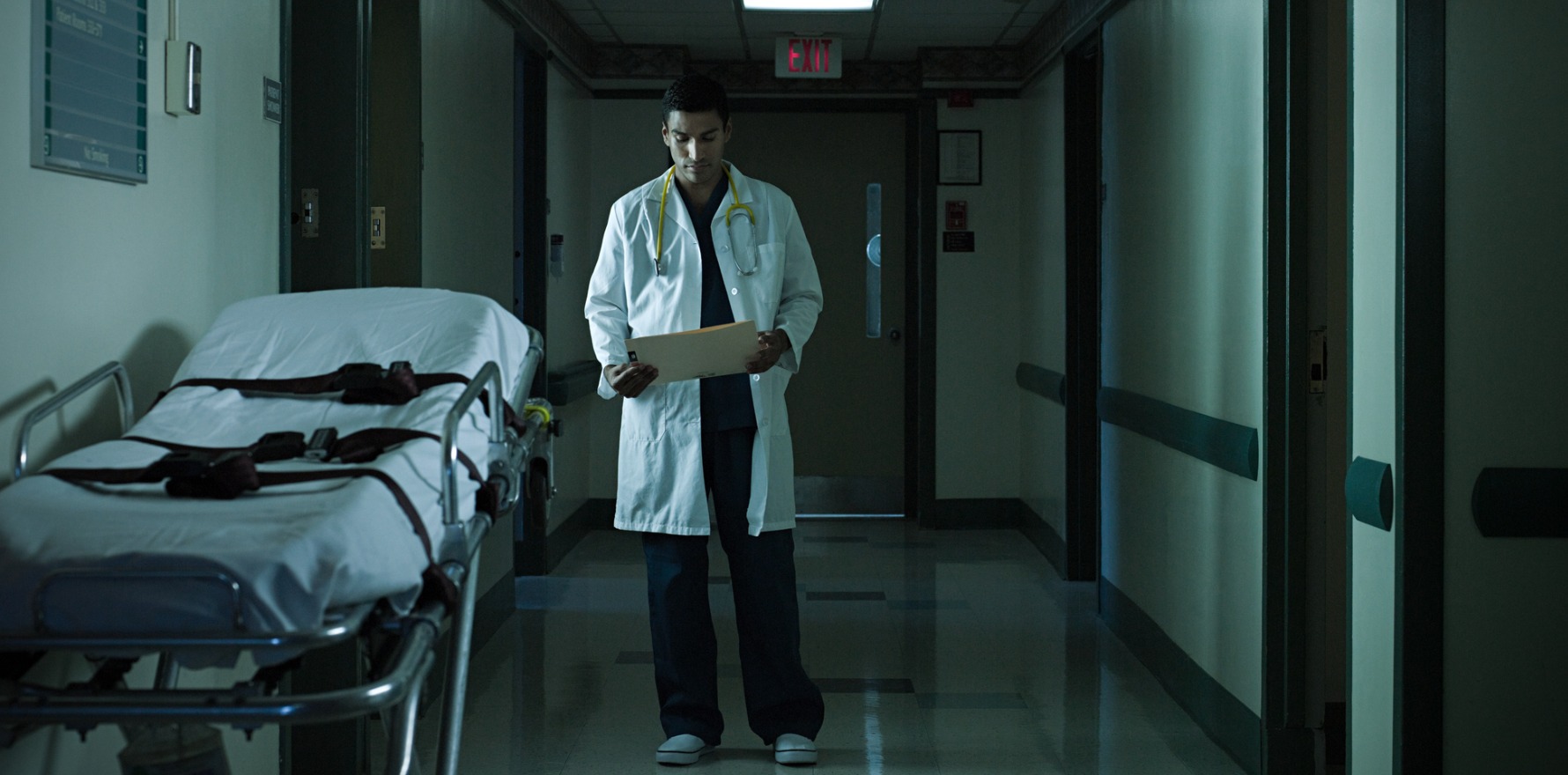The health district at the centre of a young doctor’s death says it’s auditing all hospitals to ensure they comply with NSW Health fatigue standards.
The NSW local health district where a young doctor died by suicide says it is working to reduce the balances of overtime and allocated days off for junior medical doctors and is auditing all hospitals to ensure staff work no more than seven night shifts in a row.
As Allergy & Respiratory Republic’s sister site HSD reported earlier this week, a 30-year-old junior medical officer (JMO) working in the Hunter New England Local Health District died by suicide in 2021 while on sick leave.
The young doctor had more than 11 weeks’ annual leave owed to him but was denied a request to take annual leave.
He took sick leave in November 2021 and returned to work in December, but had his roster changed from day shift to night shift, against the return-to-work plan recommended by his doctor.
He went back on sick leave and was contacted by the hospital twice after three days to talk about returning to work. He later took his own life.
“The loss of any life to suicide is a profound tragedy that deeply affects families, friends, colleagues, and entire communities,” Dr Paul Craven, executive director of medical services for the Hunter New England LHD, said late on Monday.
“While we’re unable to comment on specific cases due to privacy, I extend my deepest condolences to the families and loved ones of clinicians and healthcare workers who have died by suicide, as they continue to navigate immense grief.
“Mental health is complex and multifaceted and influenced by a diverse range of factors for every person. We acknowledge that workplace pressures, especially in clinical environments, can sometimes affect physical, mental, and emotional wellbeing.”
Dr Craven said the LHD had “made significant strides in recent years to enhance the wellbeing and safety of all staff, including junior medical officers”.
Dr Craven said the overtime and allocated days off for every JMO in the LHD had been reviewed.
“We are working to reduce overtime and ensure JMOs take their entitled ADO’s,” he said.
“Reducing overtime and supporting adequate rest is a priority for our executive team, with tailored actions at each hospital to meet local and individual needs.”
Dr Craven said rostering was being reviewed “to ensure fairness and flexibility for JMOs”.
“Regular audits at all our hospitals ensure compliance with NSW Health fatigue standards, including no more than seven night shifts in a row, and a minimum 10-hour break between shifts.
“Our medical recruitment, HR, and administration teams recently attended a Ministry of Health-led rostering workshop, focusing on fatigue management and leave planning.”
The LHD is also expanding the medical workforce “to better meet hospital and community needs while supporting staff”, he said.
“This year, we are recruiting six new JMO positions in psychiatry (Tamworth, Maitland, and Newcastle), obstetrics and gynaecology and general medicine (Maitland), and Pathology (Tamworth) – the third consecutive year of increased JMO positions in our regional facilities.”
Dr Craven said other changes they had made to improve the health and safety of JMOs included monthly meetings with the Hunter Resident Medical Officers Association, orientation, support for those relocating from other regions or countries, structured supervision, accredited training pathways and professional development.
“Junior doctors are the future of healthcare, and we deeply value their contribution to our community,” Dr Craven said.
“We acknowledge there is always more we can do improve wellbeing for our junior doctors and we remain committed to listening, learning, and ensuring they have the support and professional development they need to thrive.
“As a District, we also recognise our role in preventing suicide by providing care for those experiencing acute mental health in our community, including staff and patients.
“Our partnerships with the federal government, non-government organisations, and communities are vital, as they also play a significant role in suicide prevention.”
Yesterday the Australian Salaried Medical Officers Federation of NSW called on the state government to end unsafe hours for doctors working in public hospitals.
“When a young doctor takes their own life after months of exhaustion, guilt and pressure, that is not a personal failing, that represents an unacceptable failure of the NSW health system,” said ASMOF president Dr Nick Spooner.


